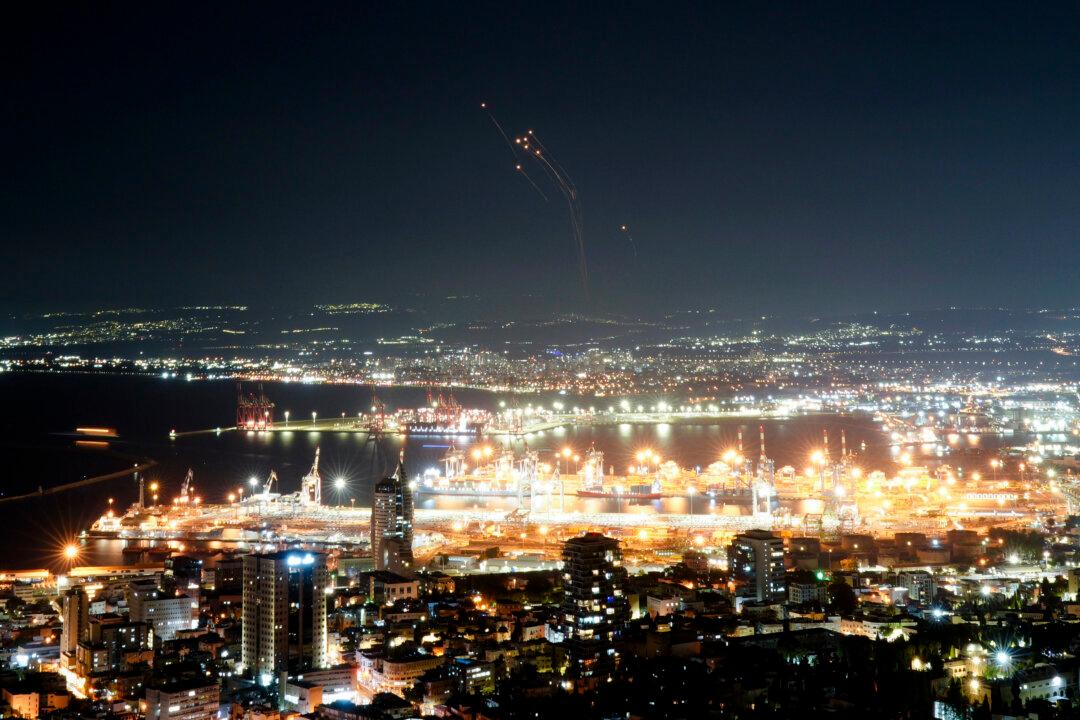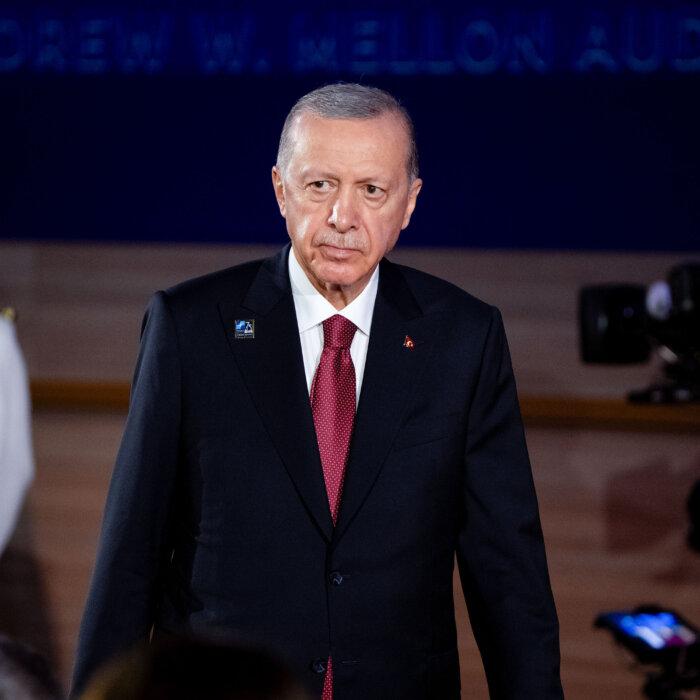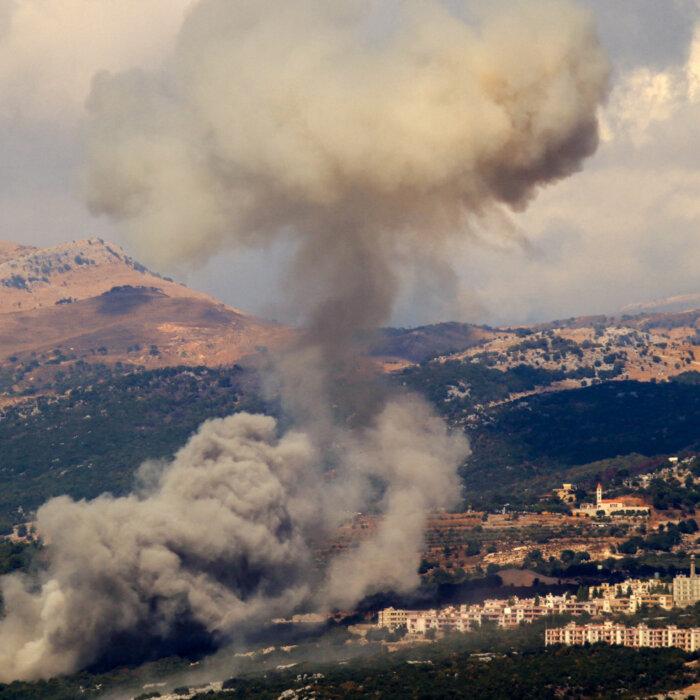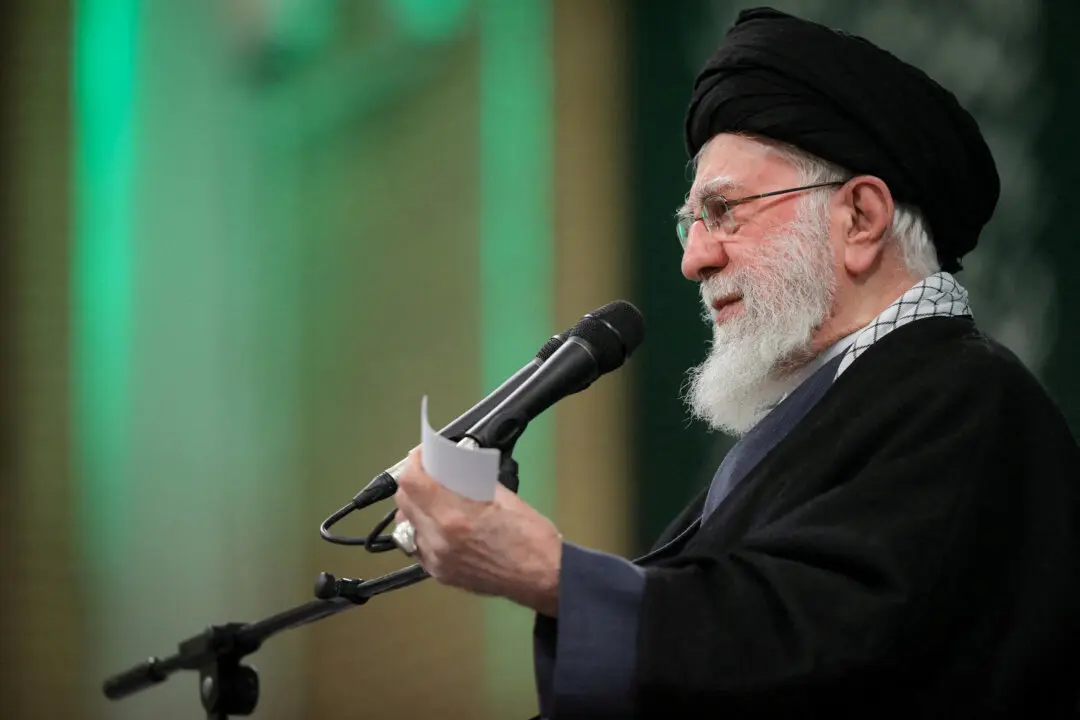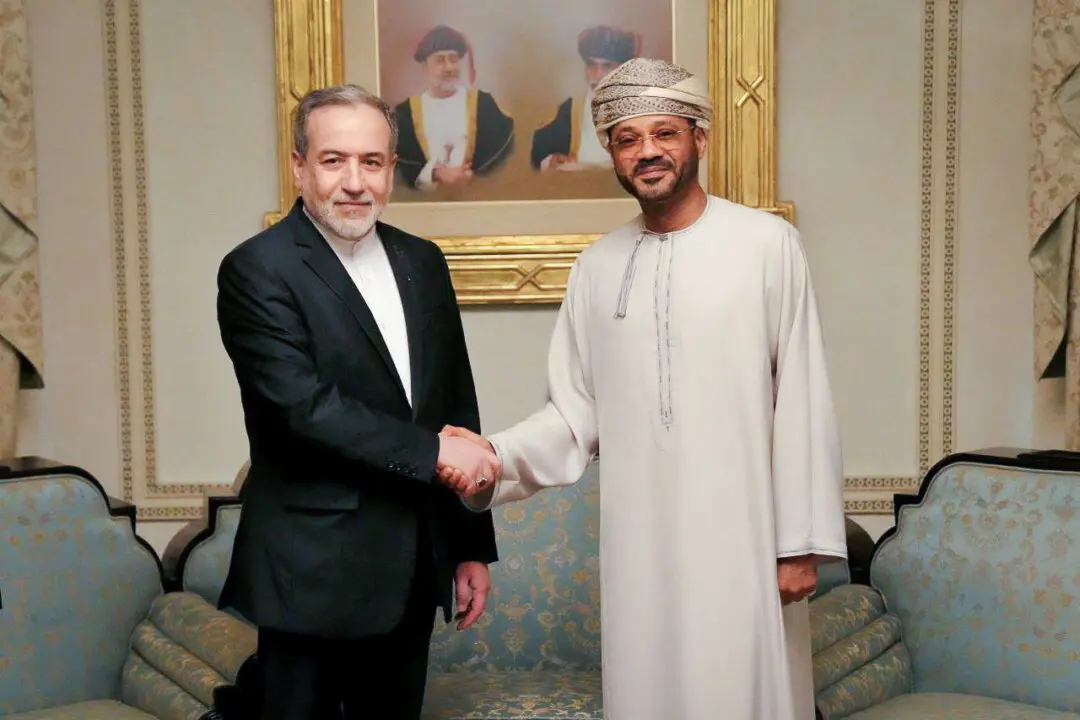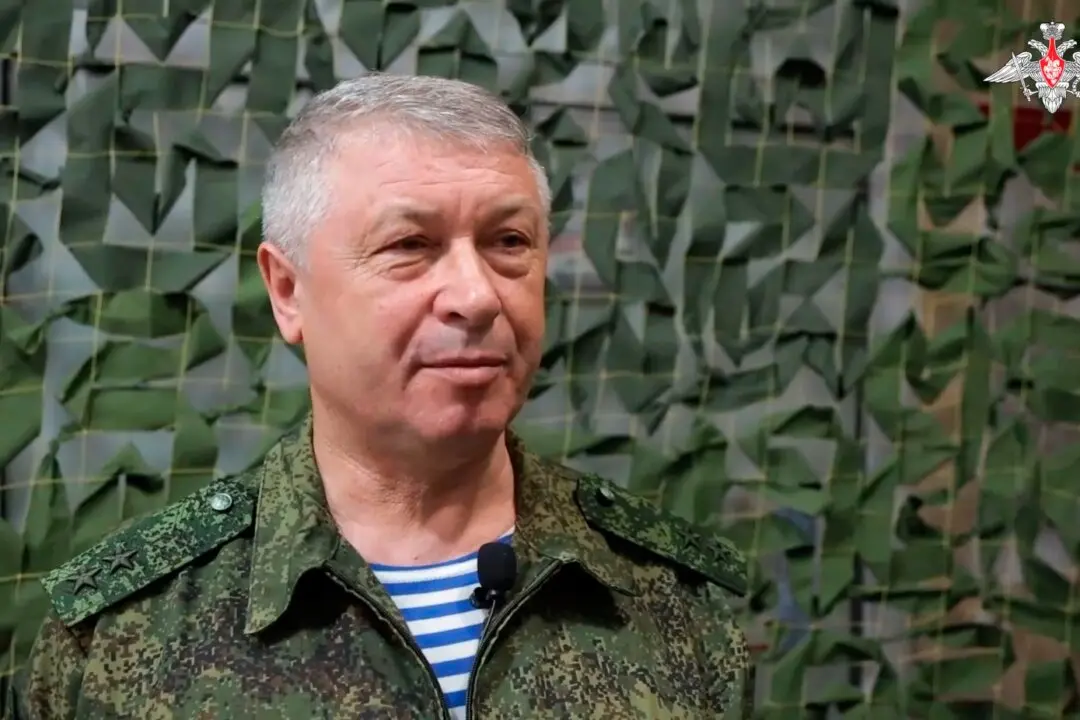Hezbollah fired a missile at Tel Aviv early on the morning of Sept. 25 in its deepest strike yet into Israel.
The Israel Defense Forces (IDF) stated that it intercepted the surface-to-surface missile, which set off air raid sirens in the coastal city and across the central band of the Jewish state.
There were no reports of casualties or damage, but the launch marks a further escalation after Israeli strikes on what it stated were Hezbollah targets in Lebanon left hundreds dead.
The IDF stated that it struck the site in southern Lebanon from which the Iran-backed terrorist group launched the missile.
Hezbollah claimed that it fired a Qader 1 ballistic missile targeting the headquarters of Mossad in Tel Aviv, the Israeli intelligence agency that it blames for a string of targeted killings of its top commanders and last week’s pager and walkie-talkie explosions.
Israel stated that it was the first time a projectile fired from Lebanon had reached the center of the country.
Hezbollah claimed to have targeted an intelligence base near Tel Aviv last month in an aerial attack, but there was no confirmation.
Families have fled southern Lebanon, flocking to Beirut and the coastal city of Sidon, sleeping in schools turned into shelters, as well as in cars, parks, and along the beach. Some sought to leave the country, causing a traffic jam at the border with Syria.
Israel stated late on Sept. 24 that fighter jets carried out “extensive strikes” on Hezbollah weapons and rocket launchers across southern Lebanon and in the Bekaa region to the north. The military also claims that it has no immediate plans for a ground invasion.
Tensions between Israel and Hezbollah have escalated over the past 11 months, with the Lebanese terror group firing rockets, missiles, and drones into northern Israel in solidarity with its ally Hamas in Gaza, a fellow Iranian-backed militant group.
Israel has responded with increasingly heavy airstrikes and the targeted killing of Hezbollah commanders while threatening a wider operation.
Lt. Col. Nadav Shoshani, an Israeli military spokesperson, said the missile fired on Sept. 25 had a “heavy warhead” but declined to elaborate or confirm that it was the type described by Hezbollah.
He dismissed Hezbollah’s claim of targeting the Mossad headquarters, located just north of Tel Aviv, as “psychological warfare.”
The Iranian-made Qader is a medium-range surface-to-surface ballistic missile with multiple configurations and payloads.
It can carry an explosive payload of up to 1,760 pounds, according to the Washington-based Center for Strategic and International Studies.
Iranian officials have described the liquid-fueled missile as having a range of 1,240 miles.
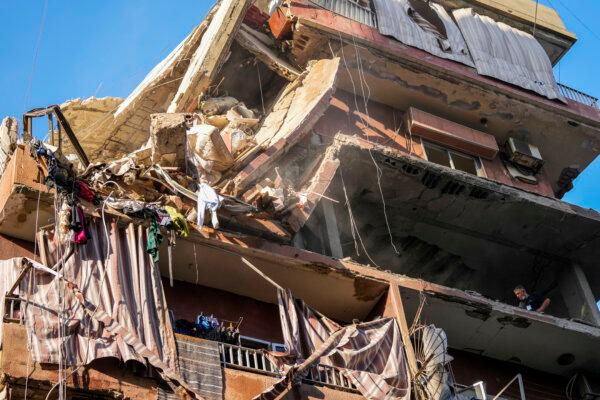
Cross-border exchanges escalated on Sept. 22 in the wake of the pager and walkie-talkie bombings, which killed 39 people and wounded nearly 3,000.
That day, Hezbollah launched about 150 rockets, missiles, and drones into northern Israel.
Sept. 23 saw Israeli warplanes strike 1,600 Hezbollah targets, destroying cruise missiles, long- and short-range rockets, and attack drones, including weapons concealed in private homes. The strikes led to what Lebanese authorities said was the highest one-day death toll in Lebanon since Israel and Hezbollah fought a monthlong war in 2006.
An Israeli airstrike in Beirut on Sept. 24 killed Ibrahim Kobeisi, who Israel described as a top Hezbollah commander with the group’s rocket and missile unit. Military officials said Kobeisi was responsible for launches toward Israel and planned an attack in 2000 that saw three Israeli soldiers kidnapped and killed. Hezbollah has confirmed his death.
Hezbollah fired 300 rockets on Sept. 24, injuring six Israeli soldiers and civilians, most of them lightly, according to the IDF.
The Lebanese Health Ministry stated that at least 564 people have been killed in Israeli strikes since Sept. 23 and that more than 1,800 have been wounded.
